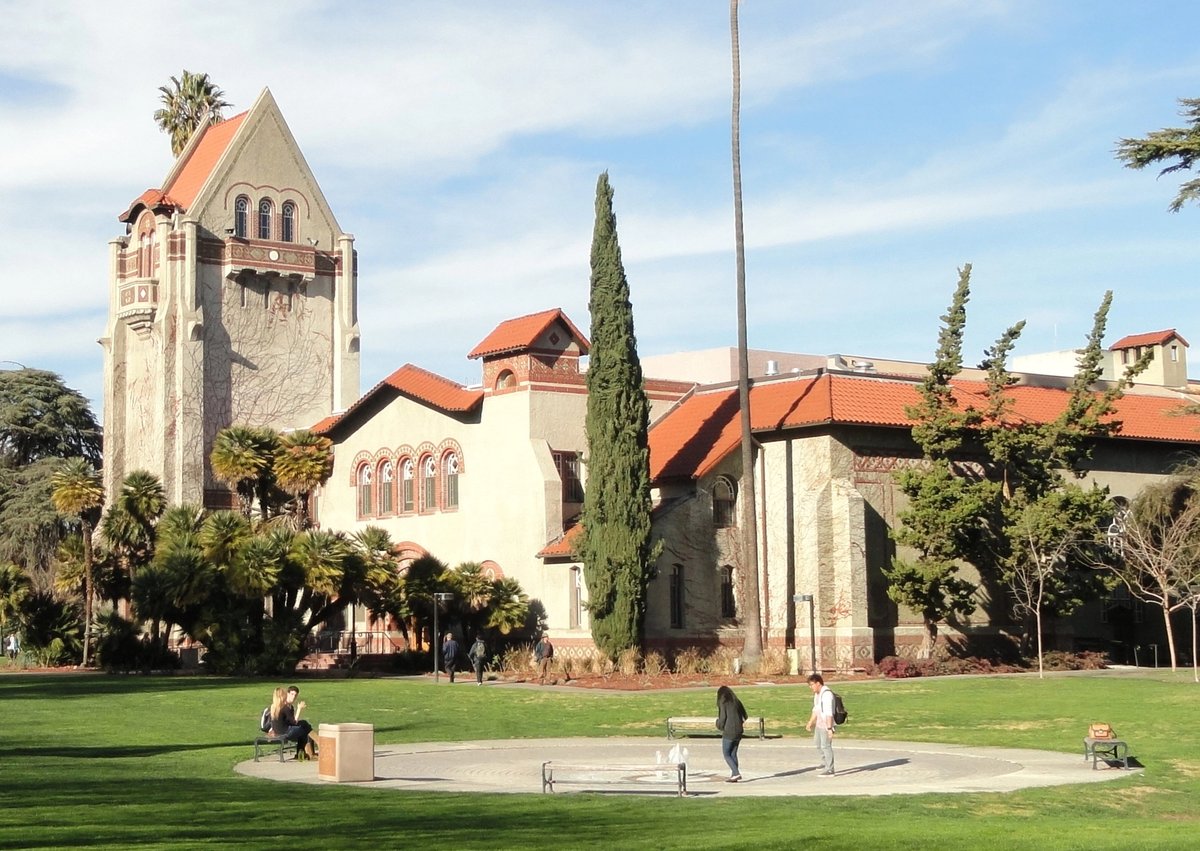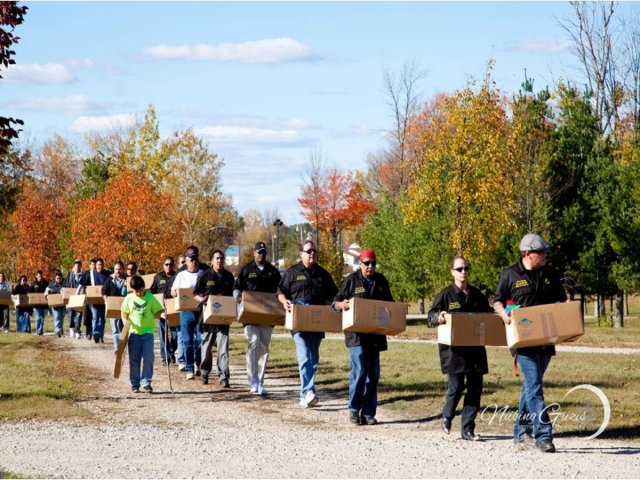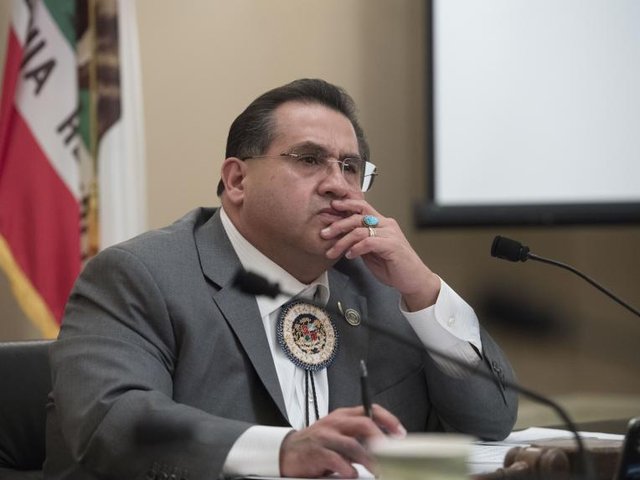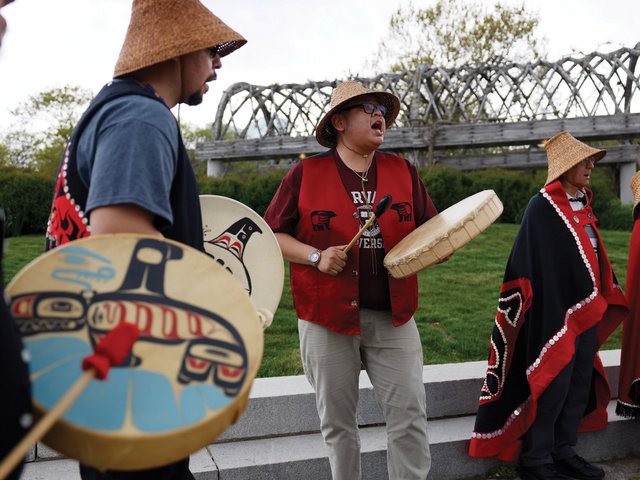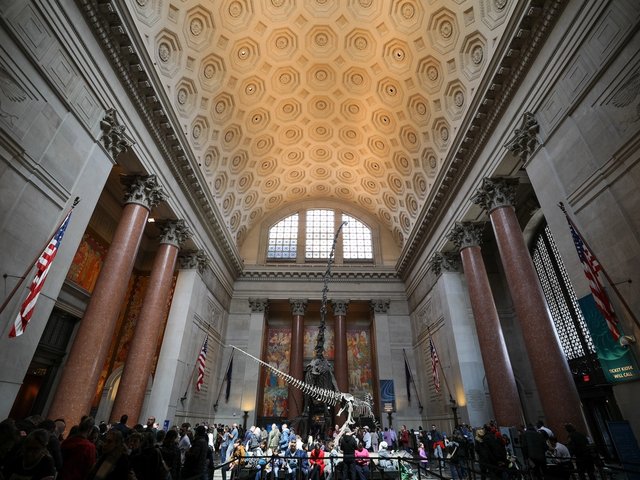Less than half of campuses in the California State University system have followed federal guidelines to repatriate Native American remains or cultural items for more than three decades since the legislation went into effect, according to a state audit released this week.
Of the university system’s 23 campuses, 21 have a collection of artefacts that are federally protected by the 1990 Native American Graves and Protection Act (NAGPRA), which set up a process by which Native American tribes could request the return of human remains and cultural objects from museums and government agencies, including federally funded universities. In 2001, California passed a state-level counterpart to the legislation called CalNAGPRA.
Of those 21 campuses, 12 have not fully reviewed their collections, despite NAGPRA requiring them to do so by late 1995, according to a statement from California State Auditor Grant Parks. Just 6% of the university system's relevant collections have been repatriated to tribes.
The review found that universities have not prioritised NAGPRA compliance and “generally lack the policies, funding and staffing necessary to follow the law and repatriate their collections”, Parks wrote. The California State University system, among the largest in the country, does not have a system-wide policy for restitution nor has it allocated funding, the report found.
“Although the Chancellor’s Office has recently begun planning such efforts, it must finalise them and provide additional guidance to ensure that the CSU repatriates its collections of Native American remains and cultural items as required by law and in a timely manner,” Parks wrote.
Most campuses do not have a full-time repatriation coordinator and have instead designated an employee to carry out the responsibility on top of their job. Two campuses that did repatriate remains and cultural items did not follow NAGPRA guidelines during the processes, the audit found, including a stipulation that requires schools post notice in the Federal Register, the US government’s official journal, to allow other tribes to file claims.
“We recognise that there is much work still to be done. The CSU is committed to laying the crucial infrastructure that will accomplish repatriation in a timely manner and demonstrate our deep respect, regard and alliance with Native American communities,” California State University interim chancellor Jolene Koester said in a statement.
The survey came at the request of a California Legislative committee and was conducted in part due to a controversy that ignited at San Jose State University. In September 2021, a tenured anthropology professor, Elizabeth Weiss, posted a photograph of herself smiling while holding Native American ancestral remains, without gloves, on her Twitter account. An accompanying caption read, “So happy to be back with some old friends.” The post, in addition to Weiss’s open views against repatriation, led to a wave of criticism against the professor, who consequently filed a lawsuit against the university for its response to the backlash. The suit was settled last week, and Weiss agreed to resign with emeritus status, the San Francisco Chronicle reported.
“This incident greatly strained relations between the campus and the local tribe,” the state audit says. “By holding itself to the highest standards for overseeing the NAGPRA and CalNAGPRA collections in its possession, the CSU could better ensure that its faculty, staff, and students honor the same standards and could better demonstrate its commitment to an inclusive environment in which all people are respected and valued.”
Last year, the US Department of the Interior began the process of revising NAGPRA with Native American tribes in hopes of increasing its enforcement. The National Parks Service awarded more than $2m to 20 American museums and nine tribes in 2022 to help repatriation efforts and increase NAGPRA enforcement.


